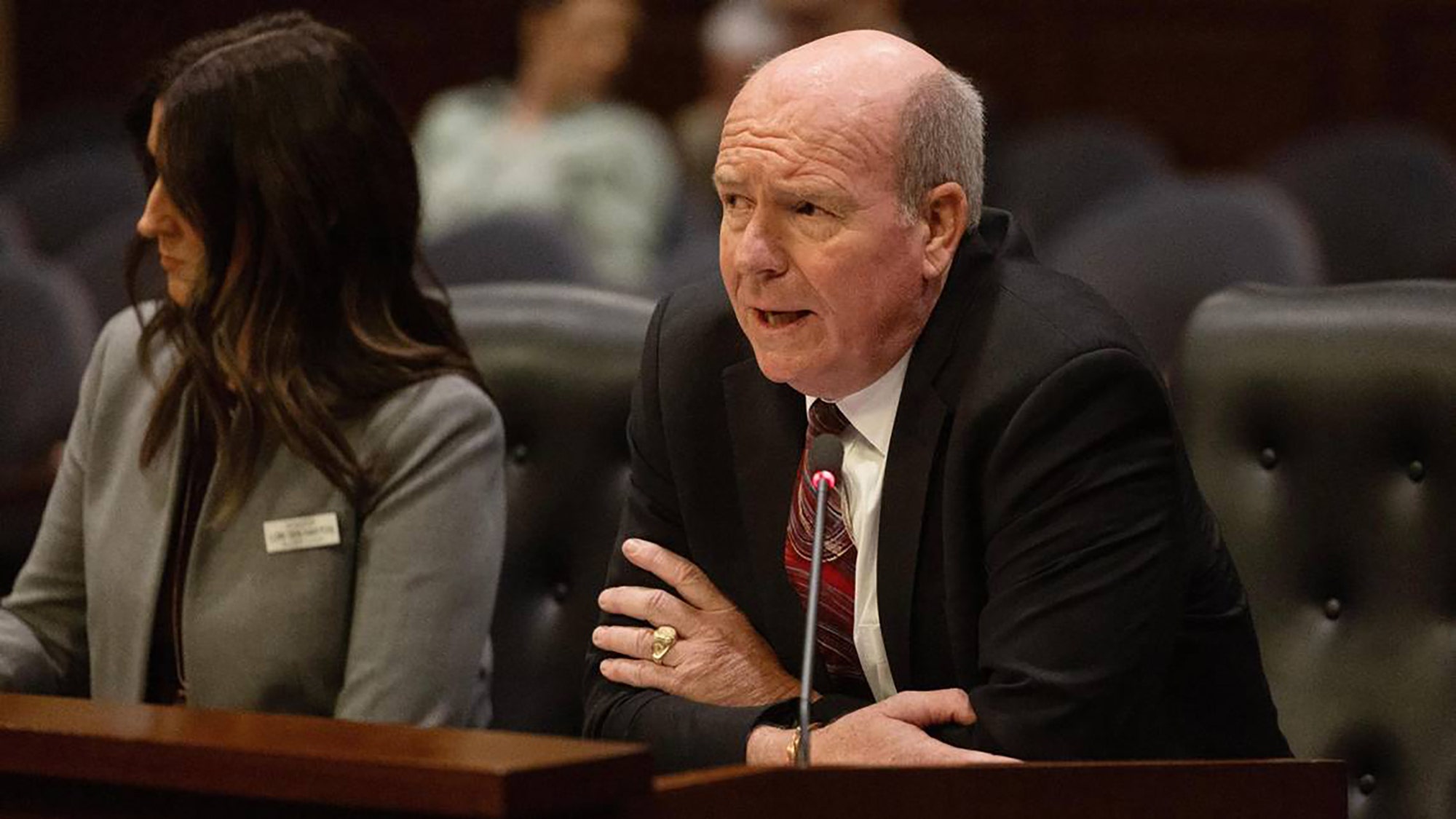There are about 200 sovereign nations in the world today, ranging widely in population, land area, economic and social conditions, religious make-up, and, not least, political organization.
Representative capitalist democracies, of which the United States is the oldest continuously surviving and most successful, but not the largest, have been the prototype of advanced self-government for the whole world. This form of government itself has gone through many stages in its 240-plus years of existence.
There are many reasons to suggest the U.S. is about to begin one more stage of its evolution.
Most other representative capitalist democracies are of more recent vintage and have different political structures. The largest, India, changed from a socialist economy only a few decades ago, as have a number of other nations in Europe, Asia, and South America.
Most democratic nations in the world today, including the U.S., were once monarchies or colonies of monarchies. The seeds of democracy and freedom did not originate in North America 240 years ago but were sown a thousand years ago on the island now known as Great Britain.
Nor are all nations today democratic and capitalist. A significant number of nations are totalitarian, run by dictators or theocracies, and have socialist or communist economies. Until recently, several had state-run fascist economies combined with totalitarian regimes.
There is some evidence that the growth of free capitalist democracies has been shrinking in recent years. A number of hybrid forms have appeared, including that of the world’s second most populous nation, China, which adopted some capitalist economic forms while keeping its totalitarian political domination of its people.
Even in the U.S. during the past few years, there were many loud voices questioning and denouncing the virtues of representative capitalist democracy, and during the most recent four years, the Biden administration seemed to be following a course of restricting traditional democratic values and freedoms.
This restriction took many forms, including the weaponization of the justice system, over-regulation of economic practices, unbridled public debt for political purposes, the degradation of public education, as well as the curtailing of free speech and language usage.
Fortunately, the essential instrument of democratic expression, the right of every adult citizen to vote, has its voice every two and four years. In the election just concluded, voters chose a different direction, a direction which will now begin to unfold officially in less than one month but which has already begun to take effect as the incumbent regime fades under the shock of the aftermath of its decisive defeat.
Since 1789, of course, the change of political regimes in the United States has occurred every four or eight years (and once, in 1944, after four election cycles), but only a few of them have led to evolutionary change. Perhaps the first of these was the election of Andrew Jackson in 1828, followed by the election of Abraham Lincoln in 1860, the election of Theodore Roosevelt in 1904, and Franklin Roosevelt in 1932.
The most recent evolutionary election was that of Ronald Reagan in 1980. Some will suggest the election of Donald Trump in 2016 was similarly impactful, but history will probably record that the real election of change was Trump’s historic re-election in 2024 after his controversial defeat in 2020.
A representative capitalist democracy is always politically divided. But on some occasions, it is more deeply divided, as has been true in recent years. While Donald Trump won decisively, it was not a typical historical landslide.
Globally, the world is in the midst of a major transition. Its two most populous nations had limited economic and technological power until recently. This is now no longer true.
Chronic local wars in the Middle East and now Ukraine have cost many lives and economic hardships far beyond the borders of the warring parties. The well-being of the many nations in the area of the South China Sea are threatened. The economic and political forces of the nations of Africa and South America are stirring.
Domestically, the U.S. faces issues of immigration, secondary school and university education, the impact of artificial intelligence on employment, and tax and public spending on inflation.
This is no ordinary time of political transition.
Of course, how extraordinary the new political conditions will be is now unknown. But what is at stake goes beyond one nation, however large and powerful. The oldest continually surviving representative capitalist democracy remains, in principle, the model of freedom and self-governance in a world where the practice of these ideals is far from secure.
Once more, the notion that political freedom, unlimited opportunity and human ingenuity are the best tools for nations to develop and thrive despite the world’s constant obstacles is put into play.
A new historic drama is about to begin.
Barry Casselman is a contributor for AMAC Newsline.
Read the full article here











